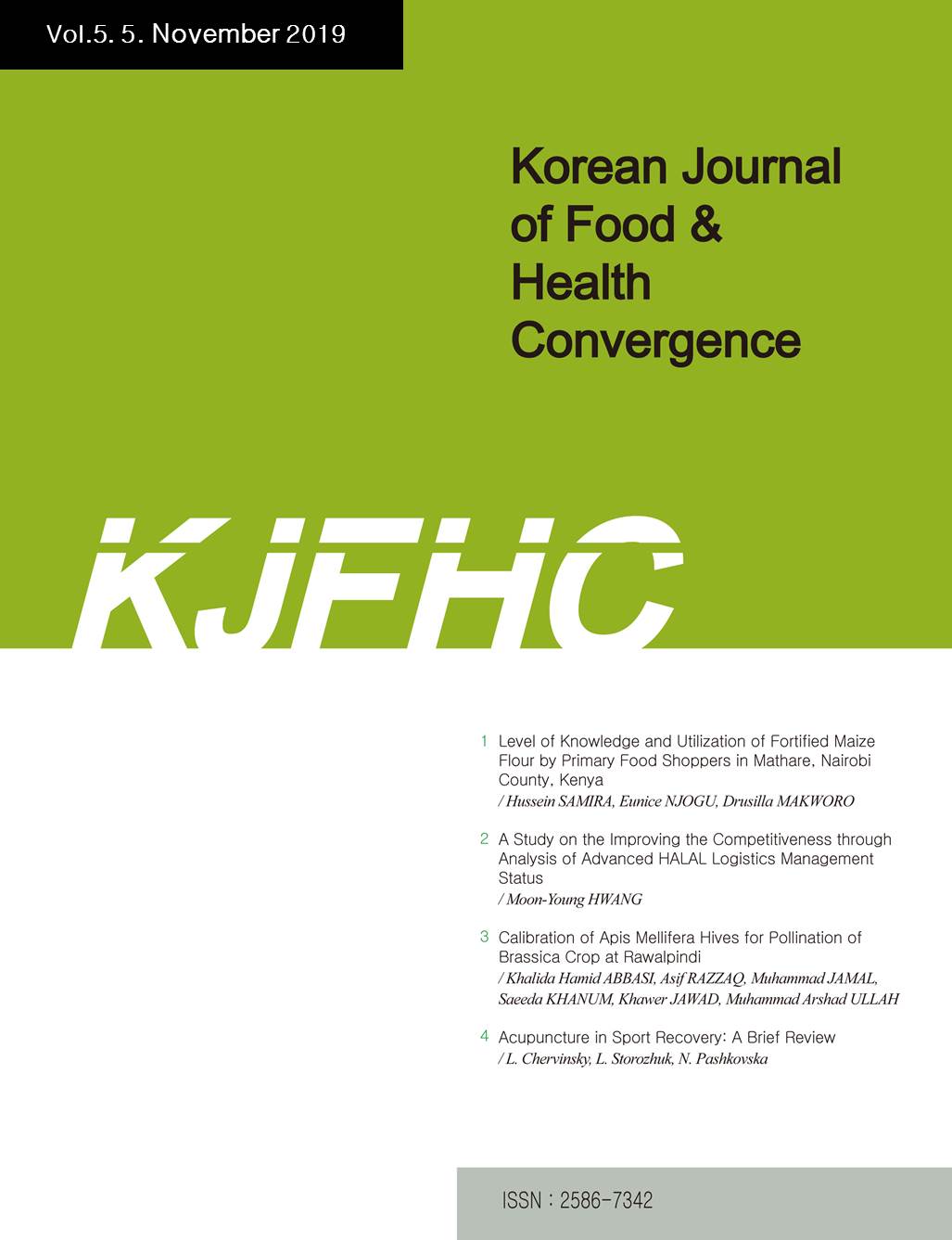- 권한신청
- E-ISSN2586-7342
- KCI
Potential for Efficient Synthesis of GSH Utilizing GCS1 and GLR1 Mutant Strains of Candida albicans*
곽민규 (을지대학교)
Abstract
Glutathione (GSH) is a vital compound composed of glutamic acid, cysteine, and glycine, crucial for cellular functions including oxidative stress defense and detoxification. It has widespread applications in pharmaceuticals, cosmetics, and food industries due to its antioxidant properties and immune system support. Two primary methods for GSH synthesis are enzymatic and microbial fermentation. Enzymatic synthesis is efficient but costly, while microbial fermentation, particularly using yeast strains like Candida albicans, offers a cost-effective alternative. This study focuses on genetically modifying C. albicans mutants, specifically targeting glutathione reductase (GLR1) and gamma glutamylcysteine synthetase (GCS1) genes, integral to GSH synthesis. By optimizing these mutants, the research aims to develop a model for efficient GSH production, potentially expanding its applications in the food industry.
- keywords
- Glutathione (GSH), GSH synthesis, Candida albicans
- 다운로드 수
- 조회수
- 0KCI 피인용수
- 0WOS 피인용수


